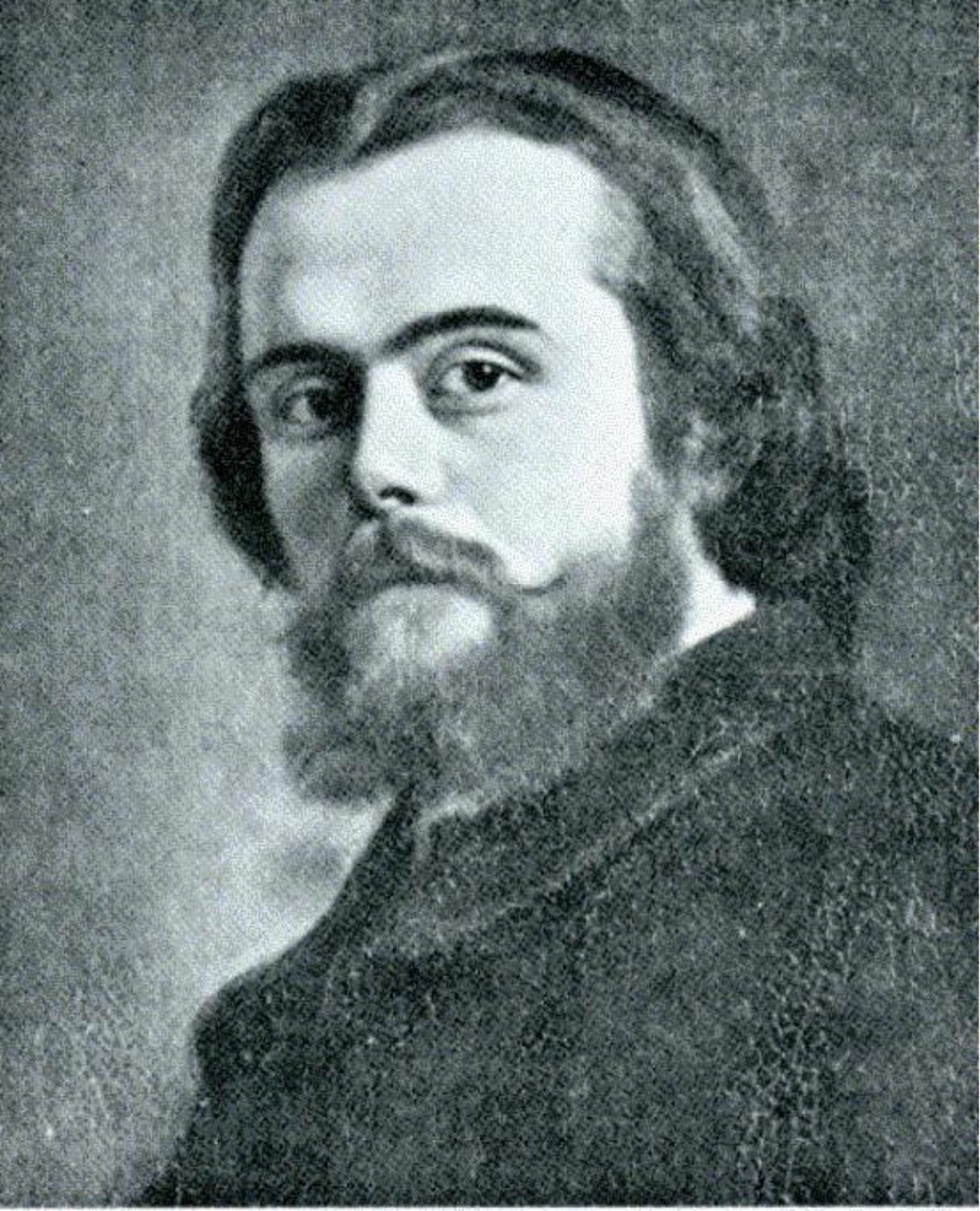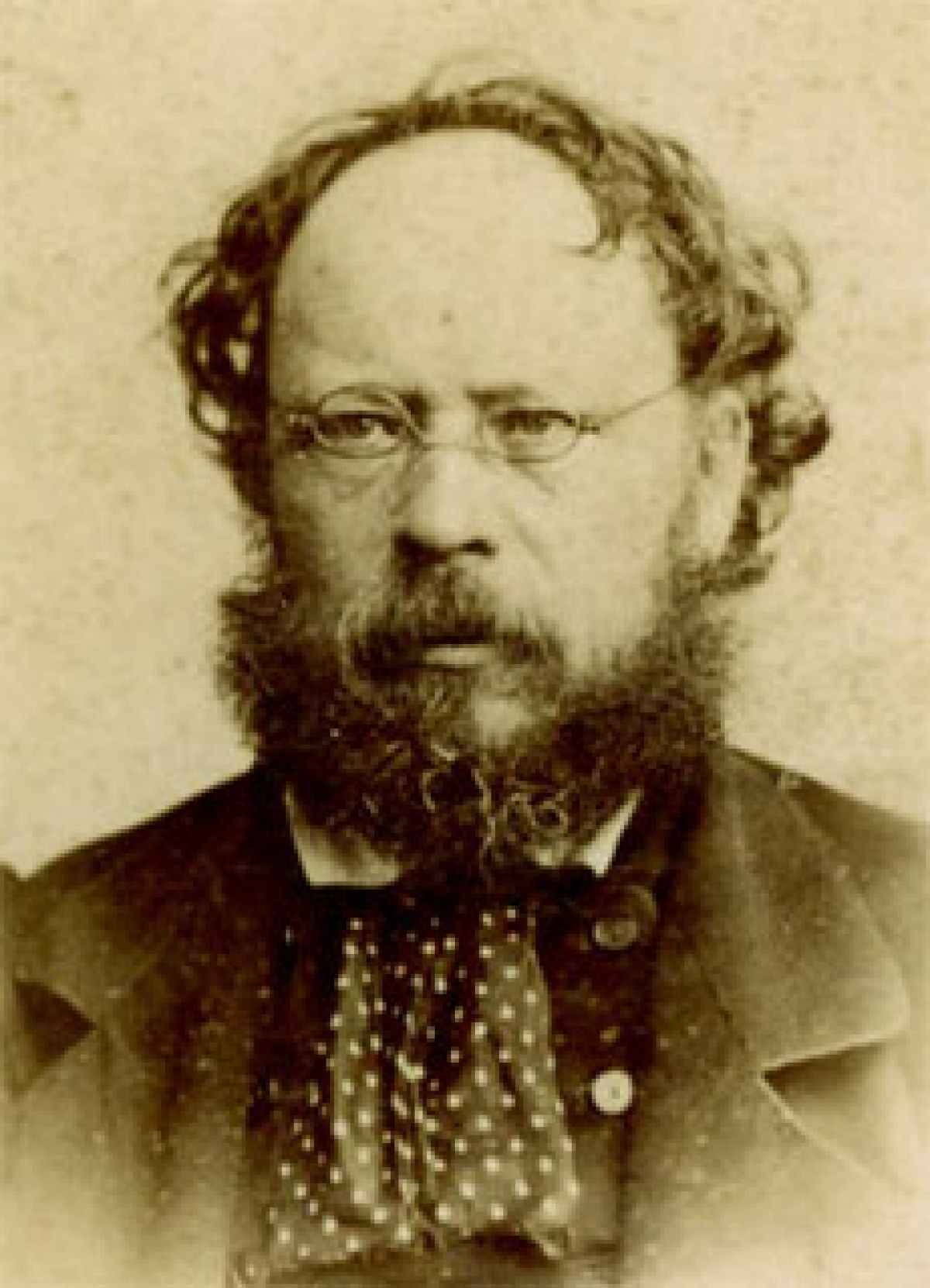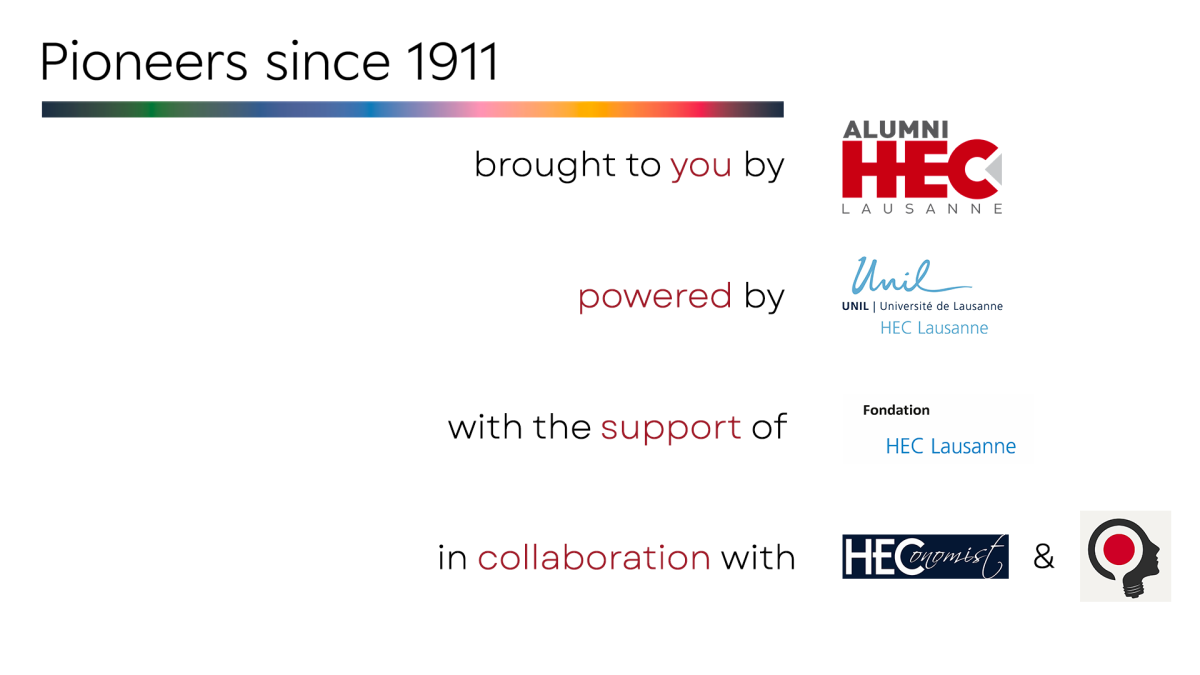26.06.2024
Special Report > Léon Walras - HEC - Taxation
Walras and Taxation
What was Léon Walras' vision of tax collection, and what influences did he have on current taxation?
Indeed, although Walras' work is essentially focused on microeconomics and general equilibrium theories, highlighting the mechanisms by which the prices of goods and services are determined in a market and how these prices contribute to an equilibrium between supply and demand, this theorist was led to work on the different types of taxes, through his participation in the International Tax Congress held in Lausanne in 1860.
Diverse influences
Let's start by looking at the influences on Walras' work, which can be divided into three main areas. The first is the family heritage of the thinker's father, Auguste Walras, himself an influential economist and thinker. Auguste instilled in his son a critical vision of political economy, encouraging an approach that does not simply describe economic phenomena, but seeks to understand and explain them within a coherent theoretical framework. This parental influence was fundamental; it steered Léon towards fundamental questions in economics, such as the nature of value and wealth, which are central to his later work, including his critique of taxation. The ideas of Auguste Walras are represented in the "Critical Theory of Taxation" in the following way, for example: "My father calls capital any rare utility which survives the first service it renders us; he calls income any valuable utility which disappears at the first use we make of it, certain useful things being naturally capital, certain others being naturally income, others finally being able to play either the role of capital, or of income, but not both these roles at once, according to the service we require of them and the use to which we apply them." These definitions of capital and income are important for understanding Walras's perception of taxation.
The historical and social context also plays a central role in his work. Indeed, the 19th century was marked by profound economic and social transformations, notably the Industrial Revolution, which reshaped European economic structures. This context provided Walras with a living laboratory for observing the dynamics of emerging capitalism, growing inequalities and the challenges posed by the tax systems of the time. Social injustices were to shape his interest in an equitable distribution of wealth and fair taxation for all citizens. As we shall see later, this was one of the reasons behind his desire to introduce a wealth tax.

Léon Walras
Walras and the different types of tax
Walras takes a close look at the most important income tax in force in the canton of Vaud at the time of the Lausanne conference. The author openly criticizes this single form of taxation for not fairly reflecting citizens' contributions to public spending. He justifies this allegation by using the example of a worker and a landowner earning the same income. These two taxpayers will be subject to the same taxation even though their wealth is not similar. Walras describes this situation as follows in his "Theory of Social Wealth": "[...] it is that, in a progressive society, the condition of the landowner becomes more and more convenient [...]. Without taking the least trouble, [...] by the simple fact of the law I have just pointed out, the landowner has the rare advantage of seeing the exchangeable value of the capital he possesses, and the amount of income this possession assures him, increase".
The author therefore proposes to resolve this inequality by introducing a new tax based on the wealth of taxpayers. This would enable egalitarian participation in public burdens, underlining the principle of equality in the provision of government services, which should be seen as common goods for all of society, regardless of social class.
International Tax Congress 1860
These different forms of taxation were the subject of heated debate at the Lausanne Conference in 1860. At the time, the conference brought together numerous speakers from different countries and backgrounds to define the best way to tax an individual. Participants examined the relative merits of direct versus indirect taxes, tax justice and the economic impact of different tax systems.
Although the conference did not lead to immediate changes in the tax policies of the nations represented, it did play an important role in the evolution of tax ideas in Europe. The discussions helped raise awareness of the need for tax reform and influenced thinkers and policy-makers in later years, for instance Pierre-Joseph Prudhon, in particular thanks to the innovative ideas mentioned above and brought by Léon Walras.
These changes in taxation came at a key moment in modern European history, against a backdrop of profound economic and political transformation on the continent, justifying the growing need for governments to increase their revenues without curbing economic growth.

Pierre-Joseph Prudhon
Conclusion
In conclusion, Léon Walras' work on taxation, though anachronistic, remains eminently relevant. They remind us of the importance of tax justice and the need to adjust taxation systems so that they fairly reflect the contributory capacities of all citizens. Drawing on a rich intellectual heritage, nourished by his father's experience and the socio-economic changes of his time, Walras built a case for taxation that is not simply a means of raising funds, but an instrument of social justice.
The International Tax Congress of 1860, while not leading to immediate reforms, laid the foundations for a profound reflection on taxation mechanisms, highlighting the principles of equity and economic efficiency. Walras' impact on current taxation can be seen as the embodiment of his ideal of social progress: a society where public burdens are shared fairly, and where taxation serves as a lever for a balanced distribution of wealth.
Ultimately, Walras' legacy lives on, inspiring economists and policymakers alike to pursue the quest for a tax system that is both efficient and fair. At a time when economic inequalities are widening and global challenges require substantial public resources, Walras' lessons are more relevant than ever, inviting renewed reflection on how to finance common goods while respecting the principles of equality and solidarity that underpin our democracies.

Sources :
Walras, Léon. Théorie critique de l'impôt. Librairie de Guillaumin et Cie, 1861
[1] L. Walras, Théorie de la Richesse sociale, p. 77




